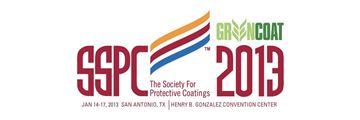Currently, Ships’ Force (SF) conduct maintenance and repair painting during pier-side periods as well as while ships are underway. SF commonly use epoxy primers, such as MIL-DTL-24441, Type IV, for maintenance painting and in some cases, chloride contamination and surface profile is not adequately controlled. The Naval Research Laboratory (NRL) conducted a study to verify the efficacy of replacing the current epoxy primers commonly used by SF with more “user friendly” high-build, high-solid primers.
Product Number:
51220-293-SG
Author:
Rick Trawick
Publication Date:
2020
$0.00
$20.00
$20.00
Currently, Ships’ Force (SF) conduct maintenance and repair painting during pier-side periods as well as while ships are underway. SF commonly use epoxy primers, such as MIL-DTL-24441, Type IV, for maintenance painting and in some cases, chloride contamination and surface profile is not adequately controlled. The Naval Research Laboratory (NRL) conducted a study to verify the efficacy of replacing the current epoxy primers commonly used by SF with more “user friendly” high-build, high-solid primers. The study examines key characteristics of high-solid primers for SF applications, such as surface tolerance, adhesion to varying surface preparation, pot life, edge retention, “workability,” and compatibility with common silicone alkyd and polysiloxane topcoats. High-solid, edge-retentive coatings are capable of being applied in a thicker, single coat (6-8 mils) saving time by not having to apply multiple coats of primer. The analysis of “workability” and “user friendliness” of the coating system includes testing of high-solids coatings in innovative, new coating packaging methods including burst pouches, aerosols, and smaller convention packages. NAVSEA will use the results of this study to develop improved SF maintenance and repair coating processes.




